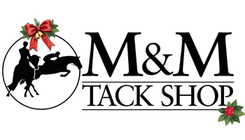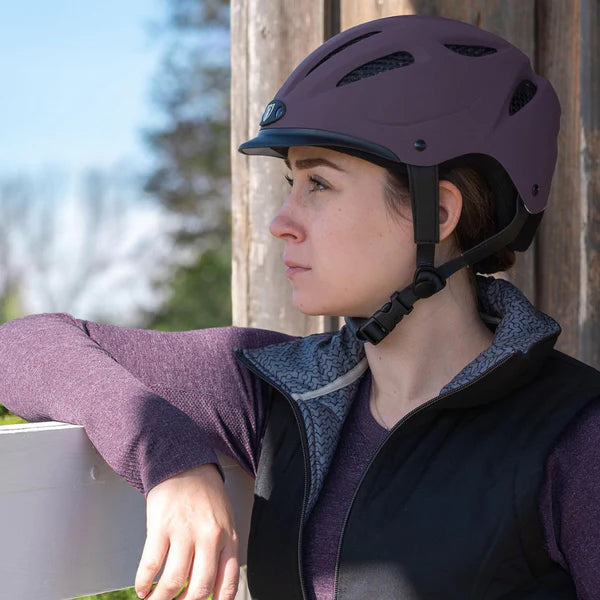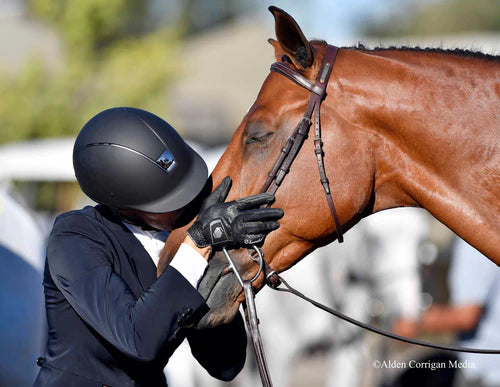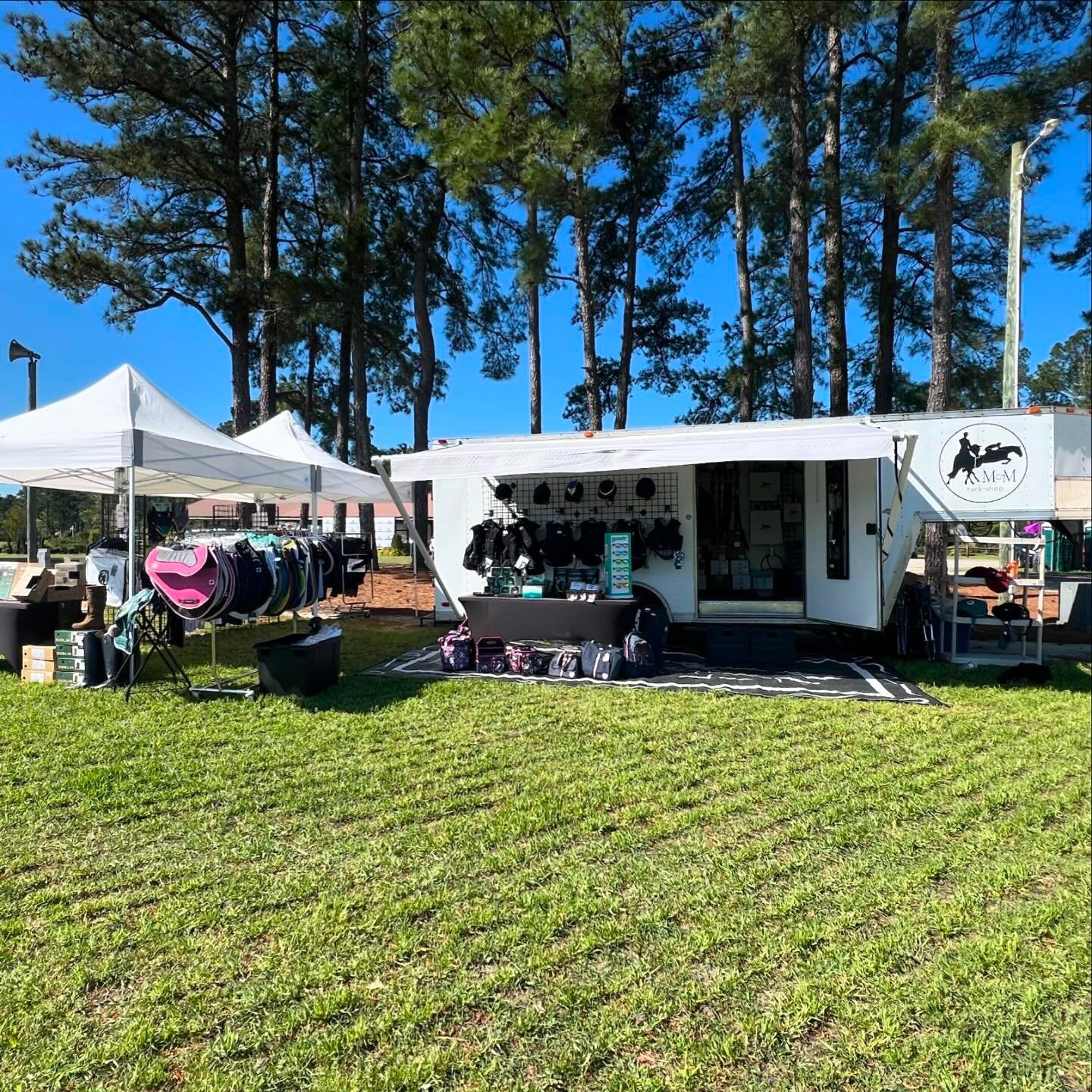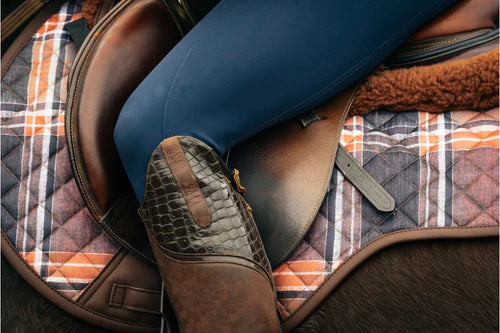With Safety Awareness Week upon us, this is a perfect time of year to discuss a few safety tips about riding helmets and their safety features.
If you have experienced one of our riding helmet fittings, you may recall that we mentioned that your helmet should be replaced every 3-5 years, or if any of the below mentioned events have occurred. The clock starts at time of purchase and will ultimately depend on frequency of use and storage conditions of your riding helmet.
Q: Why is there a “limit” to the life of my riding helmet?
A: Equestrian riding helmets have undergone incredible safety improvements in the last 20+ years. With these improvements come safer riding helmets and an awareness of helmet care. With regular wear and tear, hot and cold conditions, accidental drops and bangs, riding helmets take a beating and get worn out over time. If you are the occasional pleasure rider 1-2x per week, or a professional riding 5-6 horses a day, your riding helmet will wear extremely differently. A professional may need to replace their riding helmet in 2 or 3 years, whereas the casual rider can probably go the whole 5 years before replacing their helmet. Of course, with any fall or major drop, it is important to replace your riding helmet before riding again.
Most riding helmet companies have an accident replacement policy where they offer a discount when you replace your helmet after a fall. Contact the store where you purchased your riding helmet for details on how to replace your helmet after a fall.
Q: When should I replace my equestrian riding helmet?
A: If your riding helmet meets any of the below criteria, then it's time to replace it:
-
If you have had a fall and your helmet made contact with any surface
(ground, jump standard, fence rail). - If the helmet was dropped or crushed on a hard surface.
- If your helmet is more than 5 years old.
- If your helmet fit is noticeably different.
- If your helmet gives you a headache.
- If you cut your hair or drastically change your hairstyle.
We welcome everyone to stop by for a complimentary riding helmet and safety vest check. Your riding equipment is safest when it fits properly and is comfortable to wear. Bring your equipment and bring your questions. We are here to help! If you have had a fall and would like help with the replacement policy and procedure, give us a call and we would be more than happy to direct you.
For additional insights into shopping for the perfect equestrian riding helmet, please read our Considerations When Shopping for a New Riding Helmet blog.

